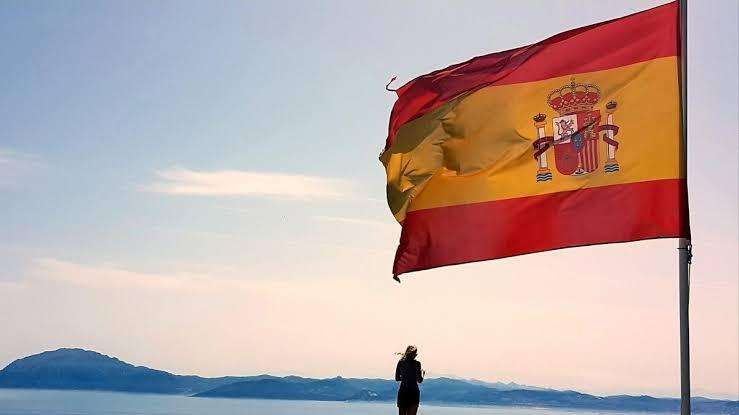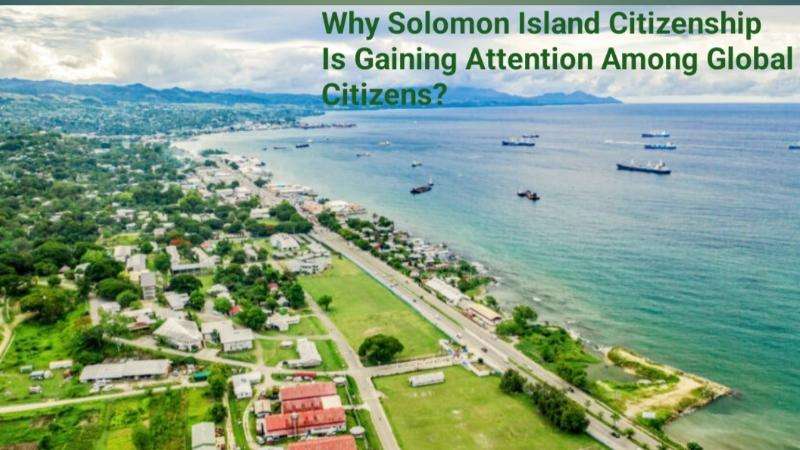Former non-resident Polish Ambassador to Bangladesh Tomasz Lukaszuk in an interview with The Dazzling Dawn has welcomed the new interim government-- headed by Nobel Laureate Professor Mohammad Yunus-- that will have a major challenge to meet expectation of a rapidly growing of middle class and the rise of young educated people in a short time.
Based in New Delhi, Tomasz Lukaszuk served the Polish mission in India, Afghanistan, Bangladesh, Bhutan, Maldives, Nepal, Sri Lanka during 2014-2017.
Tomasz Lukaszuk is a scholar in the Department of Regional and Global Studies, the Faculty of Political Science and International Studies of the University of Warsaw.
He worked in Polish foreign service for 25 years until 2017, serving in Norway, Indonesia, Singapore, East Timor, India, Afghanistan, Bangladesh, Bhutan, Sri Lanka, Nepal and Maldives.
Appointed twice as the Ambassador of Poland to Indonesia and Timor Leste (2005-2010) and India, Afghanistan, Bangladesh, Bhutan, Maldives, Nepal, Sri Lanka (2014-2017).
His fieldwork experience in diplomacy includes two years as a deputy director, two years as a director of Asia and the Pacific Department, two years as a director of the Infrastructure Department at the Polish Ministry of Foreign Affairs. Being the director, he prepared the Asia and the Pacific Forum concept for more in-depth cooperation and coordination of the most important scientific and research centres for Asian studies in Poland. He supported Polish universities and think-tanks in developing their contacts and links with Asian partners in essential areas vital for developing their cooperation. He represented Poland at various conferences on maritime issues, environment, Afghanistan, Afghanistan-Pakistan International Contact Group and ASEM, preparing several papers and reports. His areas of expertise are integration processes in South and South-East Asia, Indonesian and Indian internal and foreign policy. At present, he is a participant of the Marie Sklodowska-Curie European Training Networks Global India. Call identifier:H2020-MSCA-ITN-2016, MSCA-ITN-ETN European Training Networks.Global India, writing PhD thesis on India’s role in shaping maritime governance in the Indian Ocean Region. He is lecturing Polish and international students at the University of Warsaw and Collegium Civitas in Warsaw on South and Southeast Asian countries foreign policy and business, developing countries in IR, Comparative politics, Emerging markets. His research interest covers the foreign policy of Asia and the Pacific countries, maritime governance, EU relations with South and Southeast Asia, interregional cooperation of Bay of Bengal countries and maritime strategies of the biggest littoral countries of the Indian Ocean.
The interview of Polish Ambassador to Bangladesh Tomasz Lukaszuk is given below:
Q-01. The massive student protest in Bangladesh compelled Sheikh Hasina, the dictator Prime Minister, to quit power and leave the country on August 5, 2024. How do you see the new Bangladesh under the leadership of Professor Dr Mohammad Yunus and driven by the youth?
Ans-1: Bangladesh developed quickly in the 21st century. Its economic development was accompanied by the rapid growth of middle class and the rise of young educated people. Their aspirations and ambitions could not be fulfilled by limited number of available posts in the civil service and low salaries in textile industry. The government changed but expectations are still there and it will be extremely difficult for Professor Mohammad Yunus to meet them in a short time.
Q-02. Bangladesh celebrated 50 years of Independence in 2021. How do you see the social achievements of Bangladesh after 50 years?
Ans-2: Bangladesh achieved the majority of its goals in terms of social policy and fight against poverty and unemployment. It was a leader among South Asian countries in achieving Millenium Development Goals but the problem was a lack of diversification of investments in different sectors of the economy and overfocus on the textile industry.
Q-03. The 15-year plus rule of dictator Sheikh Hasina regime has put the economy of Bangladesh in shambles. How can Bangladesh overcome the economic challenges?
Ans-3: The main challenge for Bangladesh is to attract foreign direct investments and to reform the redistribution of wealth. The visible disproportion in salaries creates the tunnel effect. Well educated generation born in the 21st century is eager to stay in Bangladesh and create a new pacio-political system.
Q-04. What is the present trade volume between Bangladesh and Poland? What is our target to reach bilateral trade within the next five years?
Ans-4: The trade between Poland and Bangladesh is dominated by the export of textile products from Bangladesh to Poland. The volume of the export reached 3,5 billion USD. Polish exports amounts only 131 million USD. There is a big potential for economic cooperation between the two countries in mining, production of buses, food industry and machinery.
Q-05. What are major challenges of the new interim government? How do you see the challenges?
Ans-5: Challenges for a new government - big expectations of young people thirsty of successes and democracy. Building success and wealthier society takes time. In Poland we needed ten years to reform the economy and society, Bangladesh with a big debt on its shoulders might need longer time like fifteen years. Good management and transparent government -are key issues
06. What is the number of Bangladeshi living in Poland and how you evaluate their contribution to our country? How many Bangladeshis are registered in your country?
Ans-6: Bangladeshi community in Poland is very tiny - there are only 1775 citizens of Bangladesh living in our country. Our climate conditions differ from South Asia. Temperatures in our country vary from -25 up to +35, so it is difficult for people from Bangladesh to settle in Poland
Q-07. Foreign direct investment (FDI) to Bangladesh recorded at 3.0 billion US dollars in 2023 as compared to 3.5 billion US dollars in 2022. The new government has been working hard on improving the business environment in Bangladesh. What are your observations about the business environment in Bangladesh? How do you see the prospect of Polish investment in Bangladesh?
Ans-7: you have to create favorable conditions for foreign direct investments and people from Poland will come. Food-processing, mining, electric buses, ships and many others make our offer attractive.
Q-08. How do you see the prospect of a Blue Economy in Bangladesh?
Ans-8: Blue economy in Bangladesh it is matter of investing in fishery and mariculture with utilization of the Bay of Bengal living resources.
09. Illegal migration in EU countries is a matter of concern. How do you see the matter of illegal migration?
Ans-09. Illegal immigration constitutes a problem of all the countries, not only in Europe. Europe attracts people as the most integrated region in the world, high living standards and good education. There is a need of a reform of migration policy and coordination among member countries.
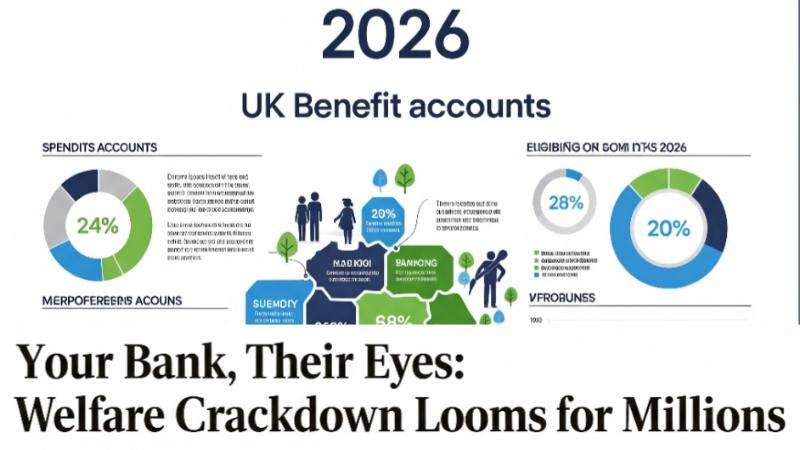



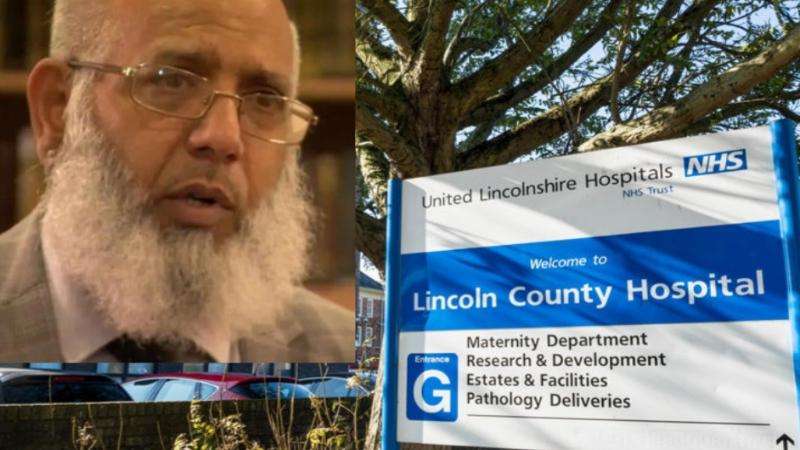


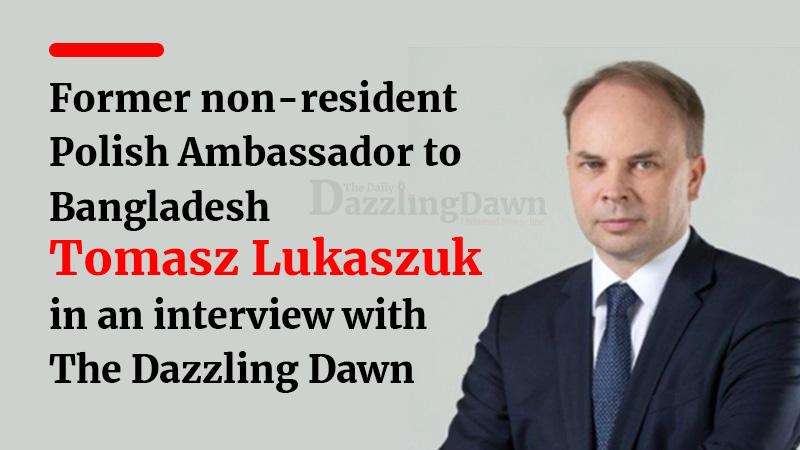
.svg)

